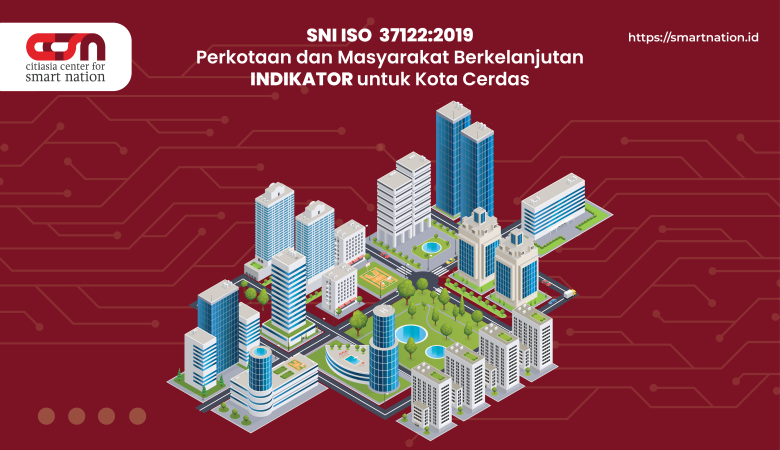
In simple terms, data mining is a method for extracting usable data from a bigger quantity of unusable data. It entails utilizing one or more software to analyze data patterns in big batches of data. Data mining is used in a variety of sectors, including science and research. Businesses can use data mining to understand more about their consumers and establish more successful strategies for various company operations, allowing them to leverage resources more efficiently and effectively. This assists firms in getting closer to their goals and making better judgments.
Exploring and analyzing enormous chunks of data to find relevant patterns and trends is what data mining is all about. It can be used for a variety of purposes, including database marketing, credit risk management, fraud detection, spam email screening, and even determining user attitude.
Data mining algorithms look for patterns and relationships in data based on what users ask for. Data mining software, for example, can be used to build information classes. Consider a restaurant that wants to utilize data mining to figure out when it should run particular promotions. It analyzes the data and divides it into classes based on when customers visit and what they order.
Data mining is an important part of every organization’s analytics program. The data it generates can be used in BI and advanced analytics programs that analyze historical data, as well as real-time analytics systems that look at data as it’s being created or collected.
Effective data mining benefits in several elements of business strategy development and operations management. Marketing, advertising, sales, and customer service are examples of client-facing functions, as well as manufacturing, supply chain management, finance, and human resources. Fraud detection, risk management, cybersecurity planning, and a variety of other key corporate use cases are all aided by data mining.
By knowing the past and present, and generating accurate predictions about what is likely to happen next, data mining allows firms to optimize operations for the most likely future. Sales and marketing departments, for example, can utilize data mining to predict which prospects will turn into valuable clients.
Author: Mia Patricia | Illustrator: Rizky Sabilurrasyid









Leave a Reply